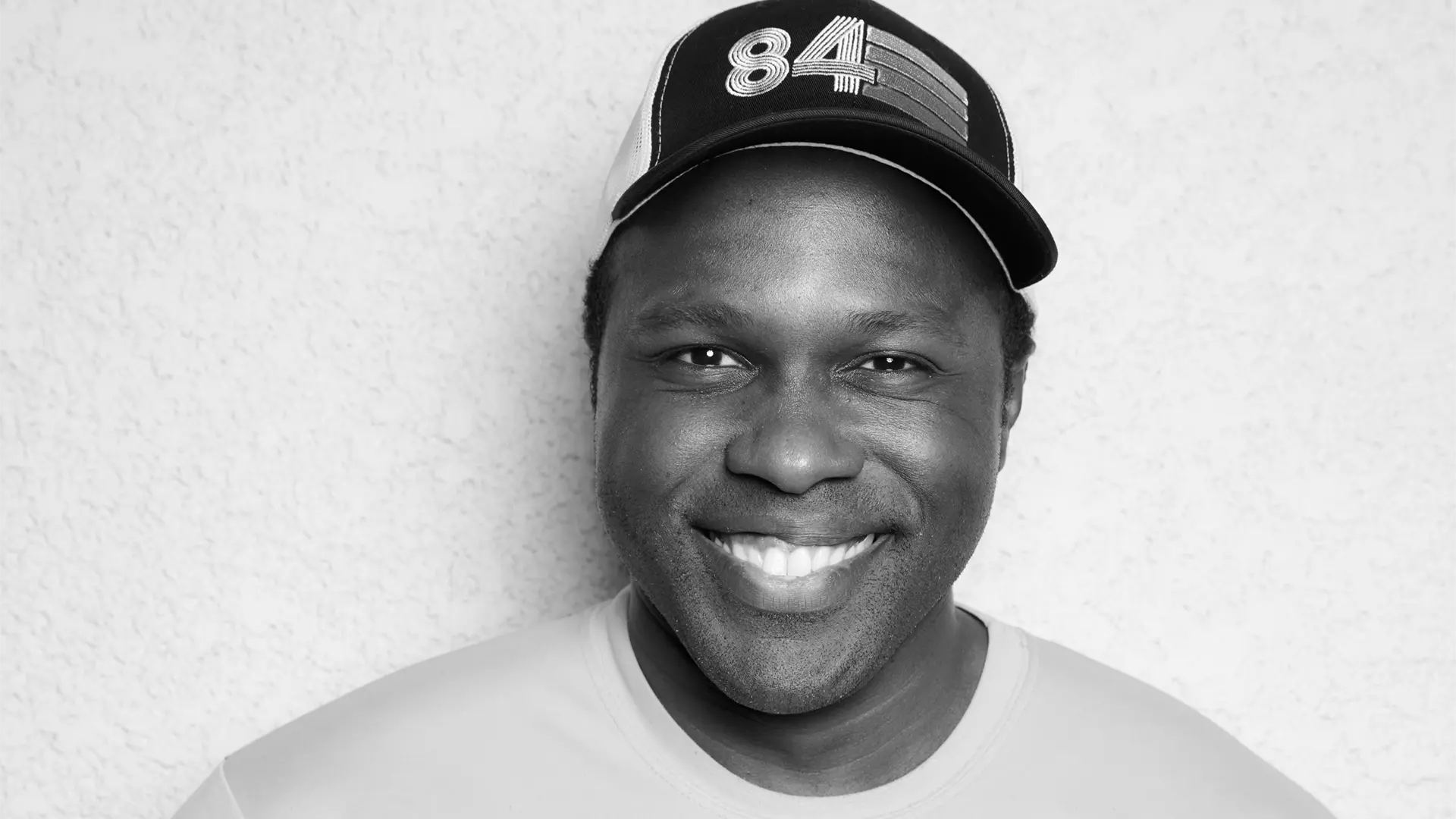ZUHDI BOUERI: As a first-generation Middle-Eastern American, the struggle between loving this country and striving for its ideals deeply resonates with me in this piece. So, my first question: you're performing as Coalhouse Walker Jr. What can the audience expect from this revival of Ragtime?
JOSHUA HENRY: When Lear deBessonet, the director, approached me, she said, "this is the perfect piece for this time." This show runs from October 30 to November 10, and the future of America will be decided during this run. That’s not lost on anyone. It’s a perfect moment because the show speaks to America changing and also challenging it to live up to its ideals.
ZB: What aspects of Coalhouse’s struggle do you connect with in the current social-political climate?
JH: I really connect with Coalhouse. I have three boys—one six-year-old and three-year-old twins. When I sing "Wheels of a Dream," I think about my parents’ dream for me and what I want for my kids. My parents were Jamaican, so I’m first-generation too. Everyone deserves a fair shot, which is Coalhouse’s dream. I want to believe in everything America has to offer, but I’ve also seen its shortcomings. Coalhouse goes through something similar, a journey of belief and weariness of America’s promises.
ZB: As you prepare to embody Coalhouse, how do you balance his anger and grief with his humanity? What do you want the audience to understand about his choices?
JH: Oh Zuhdi, this is what I love about characters like this. I recently lost a close friend, the community did, in Gavin Creel, so I’m in a moment of grief. But then I get to wake up and see my kids, which brings me joy. I relate to Coalhouse in that promise and anguish coexist. I love roles that hold those feelings. Ahrens, Flaherty, McNally, and E.L. Doctorow created a character that is both resolute and tender. It’s brilliant.
ZB: In Ragtime, there’s a contrast between the immigrant experience and the systemic injustices faced by Black Americans. What message do you hope audiences take away from that?
JH: I hope audiences understand the power of believing in the American Dream. People come to this country willing to work and die for those ideals.
ZB: And in that way, they're very patriotic.
JH: Exactly, they are patriots. My parents came here and worked for 40 years, giving up everything. I want audiences to feel empathy for those seen as “the other.” But they are not “other.” They are part of us. The story shows that they want to love, to work, to believe, and to hope. Ragtime nails that sentiment in the joy, the hope, and the loss that Coalhouse experiences. That’s an American story that belongs to all of us.
ZB: How do you personally define the American Dream?
JH: Oh, great question. I’d define it as the opportunity to buy into the ideals of freedom and the ability to express yourself freely. It’s about accepting discomfort. I love America, and I believe Coalhouse loves America too. When someone asked me what Ragtime is about, I said it’s about the promise of America and ensuring that this country lives up to it. The show beautifully reflects America’s glory and flaws.
ZB: Okay, bonus question—what song are you most excited to sing?
JH: Oh, I cry thinking about “New Music” because it embodies belief in newness, hope, and second chances.
Zuhdi Boueri is a NYC-based educator, artistic producer, and actor. As a member of The Public Theater BIPOC Critics Lab family, he is passionate about fostering diverse narratives in the performing arts.
